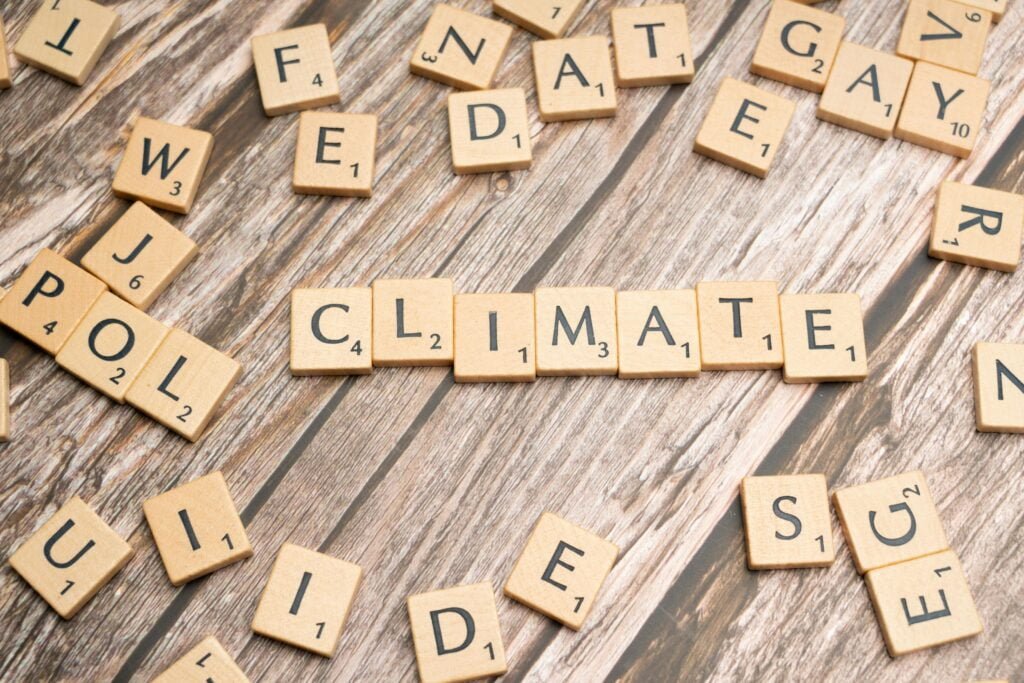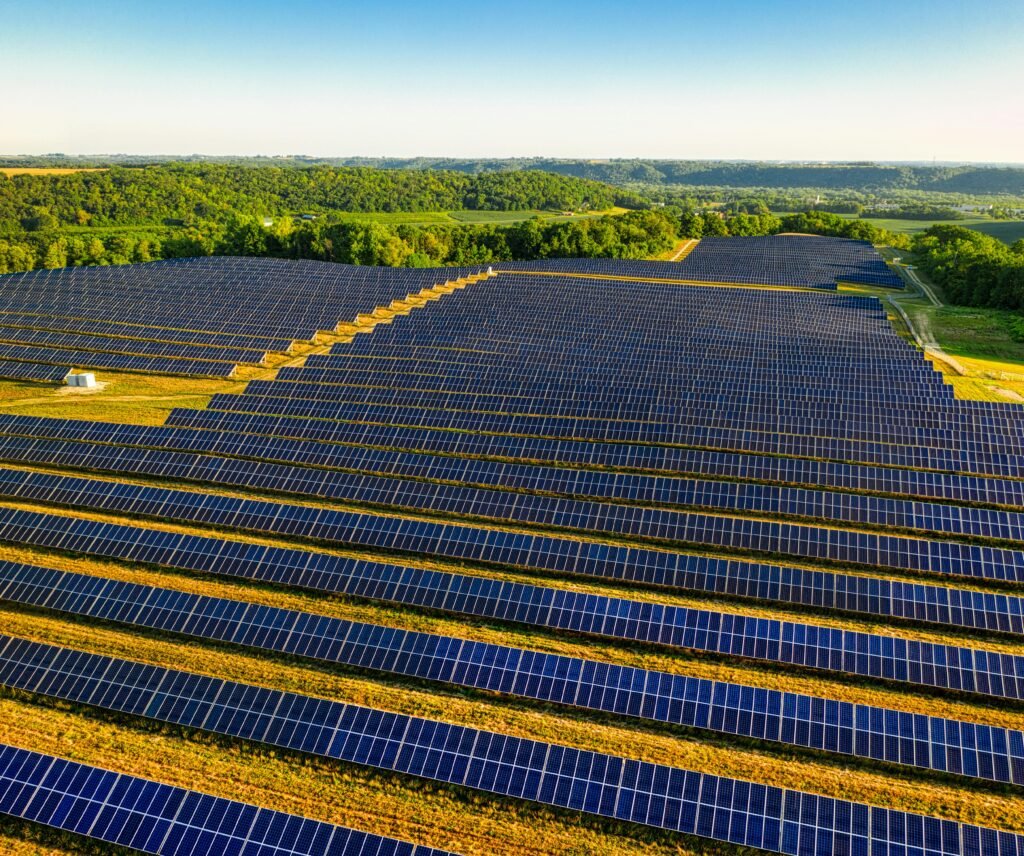The Importance of Climate Change Education
Climate change education is a step that gives the young person the essential ability to deal with one of the greatest issues of our time. While the impacts of climate change continue to be increasingly felt, it is time for students in Indian schools to start to feel the pressing need to be educated in environmental awareness and action. Adding climate change into the school curriculum would enable educators to provide students with knowledge that can help understand how human activities contribute to this global phenomenon and consequences it has on ecosystems and societies.
Climate change effects are more than just a rise in temperatures. Severe weather events, economic instability, and social injustice are some of the challenges we face because of it. However, a conscious student in these issues becomes more aware of the intricacies concerning climate change. It, therefore, makes them aware of taking responsibilities and becoming an active member towards community-driven solutions that reduce its impact. They try to learn about learn about sustainable practices, conservation techniques, and the importance of reducing their carbon footprint in relation to this issue. They then become activists for change within the communities.
Climate change education also teaches students how to critically analyze information passed on to them by various media. Students also present conflicting opinions. It is a lesson very much needed in a country like India, which has differing opinions about development, environmental conservation, and climate policies. This can help schools build the spirit of questioning for young future leaders to practice environmentally friendly ways. It also helps them to influence policy changes that align with sustainable development goals.
By putting an emphasis on climate change education, schools can develop environmentally conscious citizens. Thus, it will equip them to fight the challenges generated by climate change. This learning will not be limited to those people. It will be a change in the societies at large. That is, how collaborative efforts can drive meaningful change. Involving young people for action on issues concerning climate increases community resilience and creates a healthier planet.
Current State of Climate Change Education in Indian Curricula
Climate change education is finally finding its way into the school curricula throughout India. This reflects an increasing feeling for the need and significance of climate issues. Boards like the Central Board of Secondary Education and other state boards have now started to address these with the introduction of climate change into their syllabus. The CBSE, for example, has included environmental education within its overall science curriculum. Environmental education includes a discussion on climate change, its causes, and possible measures to combat the same. This addition is essential, given that CBSE serves a large student population, influencing how climate concepts are understood at a national level.
State boards, too, are starting to teach about climate change, but how much they teach and how deep they go can be very different. Some states have made their own lessons that talk about climate change in a way that makes sense for their area. This can help students understand the problem better and get more interested. But not all states teach about climate change the same way. Some states teach a lot about the science of climate change, while others only teach a little bit about it, often limiting discussions to general environmental awareness.
Although we have advancements, but there are several challenges as well. Teachers often do not have enough training or resources to teach about it well. Also, schools often focus on subjects that are tested on exams, so they might not spend much time on climate change. To help future generations understand climate change and take action, we need to fix these problems. I have discussed about the challenges in detail in the later section.

Innovative Teaching Methods and Resources
Indian schools are using different and interesting ways to teach students about climate change. These new methods and tools help students learn more and understand climate change better.
Project-Based Learning
It is one important approach by which, students can explore real-world problems associated with climate change actively. By participating in projects requiring considerable thinking and collaboration, students gain hands-on experience, deepening their understanding of climate science and its implications.
Technology Use
The integration of technology into climate change education is another significant advancement. Digital platforms and online resources enable educators to present complex scientific concepts in more simpler formats. Simulations and educational apps may provide visualizations of what will happen from climatic change. For example, they can visualize effects of climate change, such as rising sea levels or changing weather patterns. This way of learning is more interesting and it also demonstrate to students the sense of urgency and scale of climate issues.
Workshops
Interactive workshops have also become an essential element in climate change education. These workshops often include discussions with experts, engaging activities, and group tasks that promote teamwork. Such interactions can build a deeper understanding of environmental challenges among students. Thus, students can understand it more clearly. Additionally, workshops often help students to brainstorm and propose their solutions to reduce climate impacts within their communities.
Community Involvement
Community involvement is also very important so that climate change education is properly implemented. Schools are partnering with local governments, NGOs, and other environment-related organizations to implement engagements in climates awareness campaigns and community service projects practicing sustainable lifestyles. This will help to bridge the gap between theory and practice so that students can clearly see how directly their activities affect climate change. With time, these innovative methods and resources will help to make informed and responsible future generations.
Challenges in Implementing Climate Change Education
Implementing climate change education among the students at Indian schools face various challenges that might influence its success.
Teacher Training
One significant challenge is the lack of trained teachers who are good in this complex subject. There are very few qualified educators that possess adequate knowledge and skills in climate science and its associated socio-economic impacts. In the absence of proper training and professional development, critical concepts cannot be explained by the teachers. This again will directly impact the student level understanding of climate change.
Lack of Resources
The challenges do not end there as the school equipment are also not up to par, especially in rural and underfunded urban settings. Inability to access updated materials such as textbooks, digital tools, and teaching helps fully limits the ability of presenting interesting and informative lessons. Add to it, the absence of specialized facilities such as a science laboratory or an environmental study area limits experiential learning capabilities, which are quite crucial for all ideas related to climate change.
Awareness
There is a big difference in how much students know about climate change. Some students understand it pretty well, while others do not know much at all. This is because where they live and what they have learned about it matters a lot. It is really challenging to develop a climate change lesson that fits all students when different in knowledge levels are present.
Socio-Economic Factors
Socio-economy also limits the information students would have acquired in climate change. Students who do not have a lot of money might need to focus on things like food and shelter first. Also, they may face barriers such as limited access to extracurricular activities, internet connectivity, or community engagement. These socio-economic realities can therefore restrict students’ ability to learn about and engage with climate change effectively.

Future Directions
As the impact of climate change is becoming more, the need for effective climate change education (CCE) in Indian schools is very important.
Policy Changes
For future directions for CCE, we need to think about new problems that are happening, better ways to teach, and how to be ready for a sustainable future. This might mean changing the rules about what is taught in schools so that everyone learns about climate change, like incorporating climate education into the core curriculum across all grade levels.
Role of NGOs
NGOs (non-governmental organizations) can help teach about climate change in schools. They can make special lessons and materials that work for different places. By working with teachers, NGOs can help them learn how to teach students about climate change. They can also share helpful tools that teachers can use to teach students about climate change and how to be sustainable.
International collaboration
Additionally, collaboration with international bodies can increase the standard of climate change education in India. These partnerships not only help in the exchange of resources and curricula but also allow for the integration of global best practices in CCE. Working with other countries can help us make sure that what we teach about climate change in India matches what other countries are doing to help the planet. Thus, it ensures that future generations are well-equipped to address the complexities of climate change.
Some Recommendations!
Recommendations for enhancing climate change education include adding experiential learning opportunities, such as field studies and community projects related to environmental conservation. Schools should also teach about climate change in different subjects like science, geography, and social studies. This will help students think critically and understand the problems our planet faces.
Do share your thoughts by commenting below.






